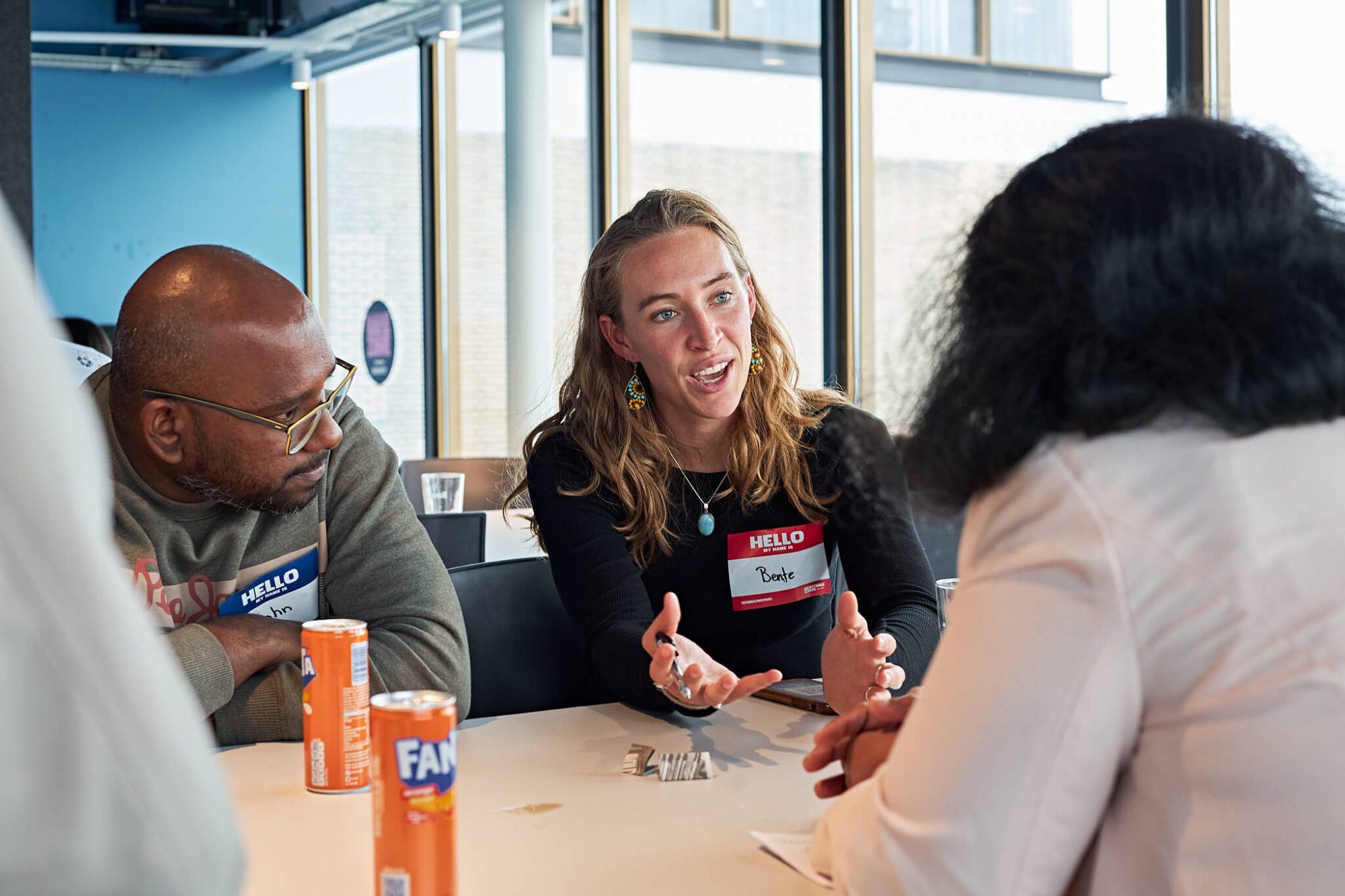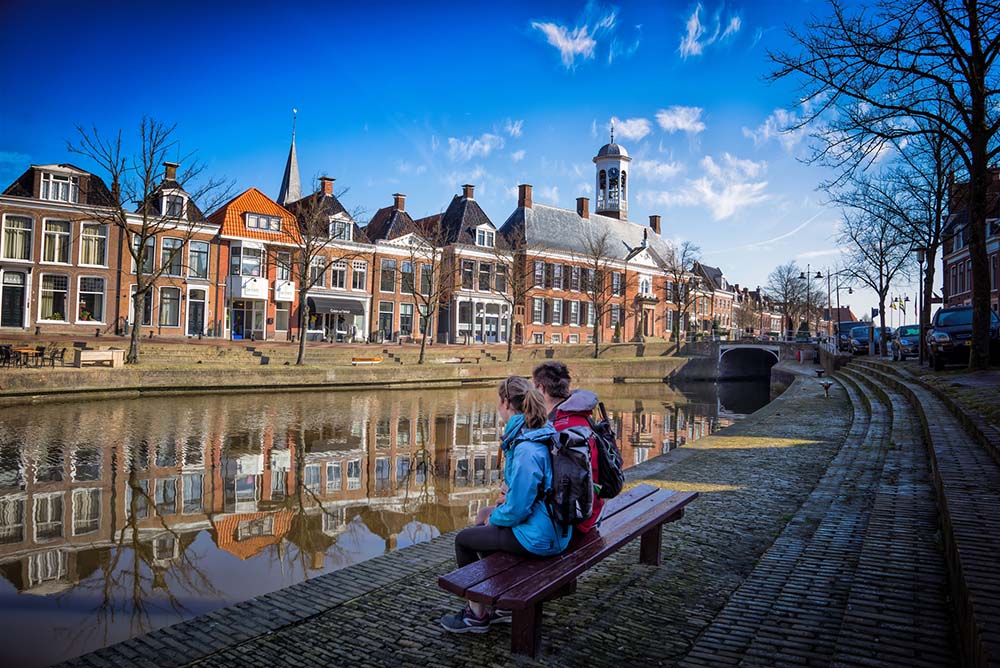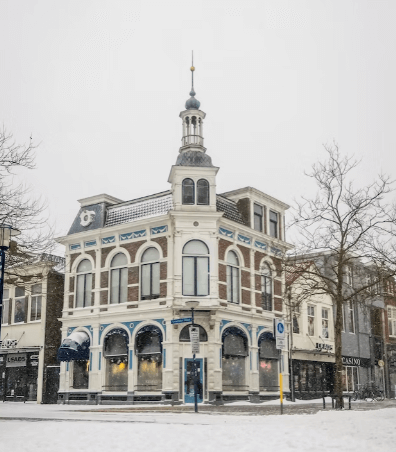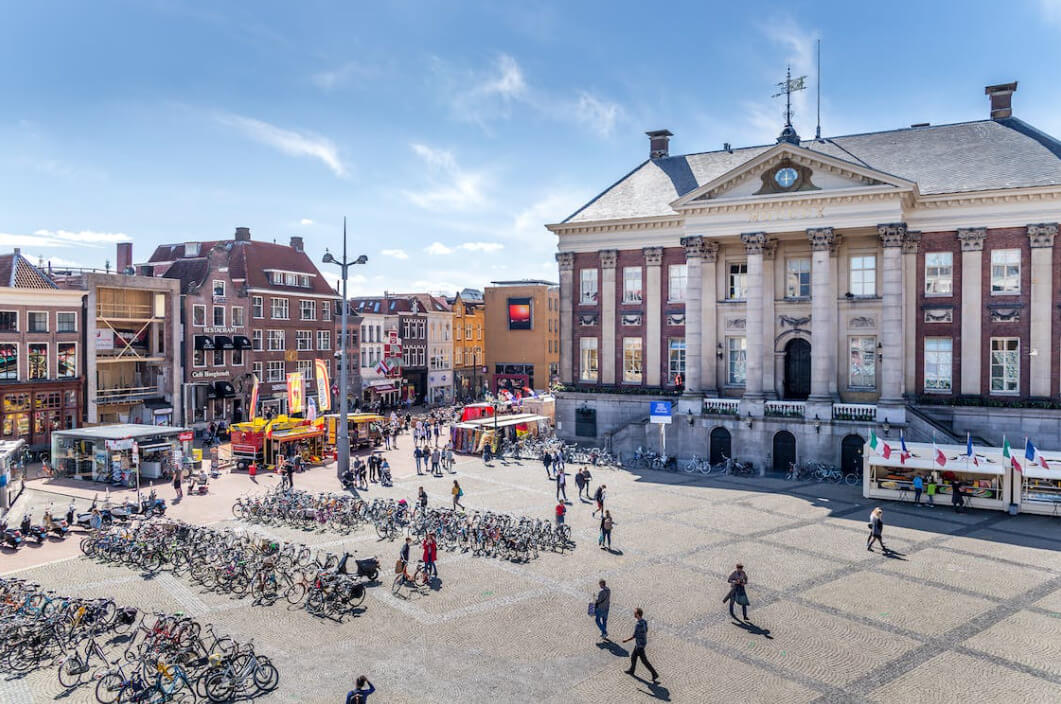Traineeships in Groningen, Friesland, and Drenthe
Explore the transition from education to work through traineeships in the Netherlands. Understand the difference between internships and traineeships, and why the Northern provinces offer a unique environment for career growth. Discover vibrant professional communities, networking opportunities, and cutting-edge projects.

In the Netherlands, traineeships are an increasingly popular career option to bridge the gap between what you learnt at uni and what work looks like in the ‘real world’. If you're looking for a hands-on experience or specialized training at a company you admire, a traineeship might be the answer.
Traineeships vs internships
While in other countries the words ‘traineeship’ and ‘internship’ are sometimes used interchangeably, here in the Netherlands there is more of a distinction between the two.
Dutch internships are typically short-term arrangements (3 to 6 months) during which students gain practical work experience at a company and typically don’t have a structured educational component. Internships allow students to dip their toes in the water to explore whether a field is right for them without having to make any long-term commitments. An internship invariably takes place during your studies.
Traineeships, on the other hand, typically last longer (from 6 months up to 2 years) offering recent graduates and young professionals a structured learning programme that provides them with practical experience in a specific field. Trainees receive a balance of on-the-job training and formal learning components. Traineeships are prevalent across various industries, including the finance, technology, and healthcare sectors.
Why do a traineeship in the North?
Groningen, Friesland, and Drenthe in the Northern parts of the Netherlands offer trainees a pleasant surrounding ensuring they have short commutes, an abundance of nature, and fun activities organised throughout the year as they work with one of the local companies.
While cities like Amsterdam and The Hague offer a wide variety of opportunities for locals and internationals alike, the Northern provinces boast a diverse and thriving economy, with strengths in sectors such as energy, technology, and lifescience. Traineeships in these sectors may offer you a unique opportunity to contribute to and learn from industries that are pivotal to the region's economic growth.
Cities like Groningen are emerging as innovation hubs, fostering a dynamic environment for traineeships in technology, research, and development. The presence of research institutions and innovative companies provides an excellent backdrop for trainees to engage in cutting-edge projects and gain exposure to the latest advancements in their field.
Moreover, Groningen has also been ranked among the top ten best cities to live in Europe in the 2023 EU Report on Quality of Life in European Cities. So while you will be avoiding the fast pace and hustle and bustle that the Randstad offers, trainees in the North can enjoy a comfortable lifestyle while benefiting from the region's commitment to sustainability, green initiatives, and a strong sense of community.
Networking is crucial to make it in the North
The truism that knowing the right person can open the right doors is especially felt in the North of the Netherlands. Groningen, Friesland, and Drenthe are characterised by close-knit professional communities where networking and collaboration are encouraged. Traineeships in this region provide opportunities for making meaningful connections, mentorship, and long-lasting professional relationships.
With the average company being smaller in size than the ones in the bigger cities, trainees may be in a position to have a more varied working experience in the North since smaller teams mean one person is likely to have to do more than one task. Making a good first impression during a traineeship may be the key that unlocks a more permanent position with the company you were working with.
Let’s also not forget that the region is also home to esteemed universities and educational institutions, offering additional learning resources for trainees. Access to academic support and collaboration with educational experts can enhance the educational component of traineeships in the north.
How to find a traineeship that's right for you

- Ask what you want to get out of your traineeship?
The first tip we’d give you is to consider your mindset. Sure traineeship may or may not be part of something you have to do to graduate. But you can turn it into an opportunity to work in an industry you're curious about, to work with people who have a job that you'd maybe like to have after graduation, or to work in a company that seems interesting to you. This experience can help you a lot in choosing your career path, or entrepreneurship path, or further study program choices, or whatever else you want to do with your life. - Do you need help choosing a company for your traineeship?
Write down TASKS that you've enjoyed from your hobbies, from your uni courses, from any type of (volunteer) work that you've done.
Write down the opposite: tasks that are really not your jam. Don't write down things you find uninteresting - because most jobs have some uninteresting component as part of the work, you can't escape it. Stick to listing tasks you absolutely want to avoid.
Write down TOPICS from your studies and interests that you find interesting, that you like knowing more about, and that you like spending time on. - Or perhaps you have a clear idea of what you want to do?
That's great! You can start by writing down what type of JOBS you think are interesting for after you graduate.
Ask yourself what type of ORGANISATIONS have those jobs. Those are the organisations you want to do your traineeship with. If you're narrowed down your ideal future job title, make it clear that you're eventually interested in working in that role and that you'd love to work with people who currently have those jobs.
Two perks:
1) You'll start building your network now and you'll benefit from that once you're looking for a job after graduation
2) You'll get an idea whether that job is actually what you think it's like. If not, it's still a win - better to learn this during your internship rather than during your first job!
Header photo: Diepzeekonijn






